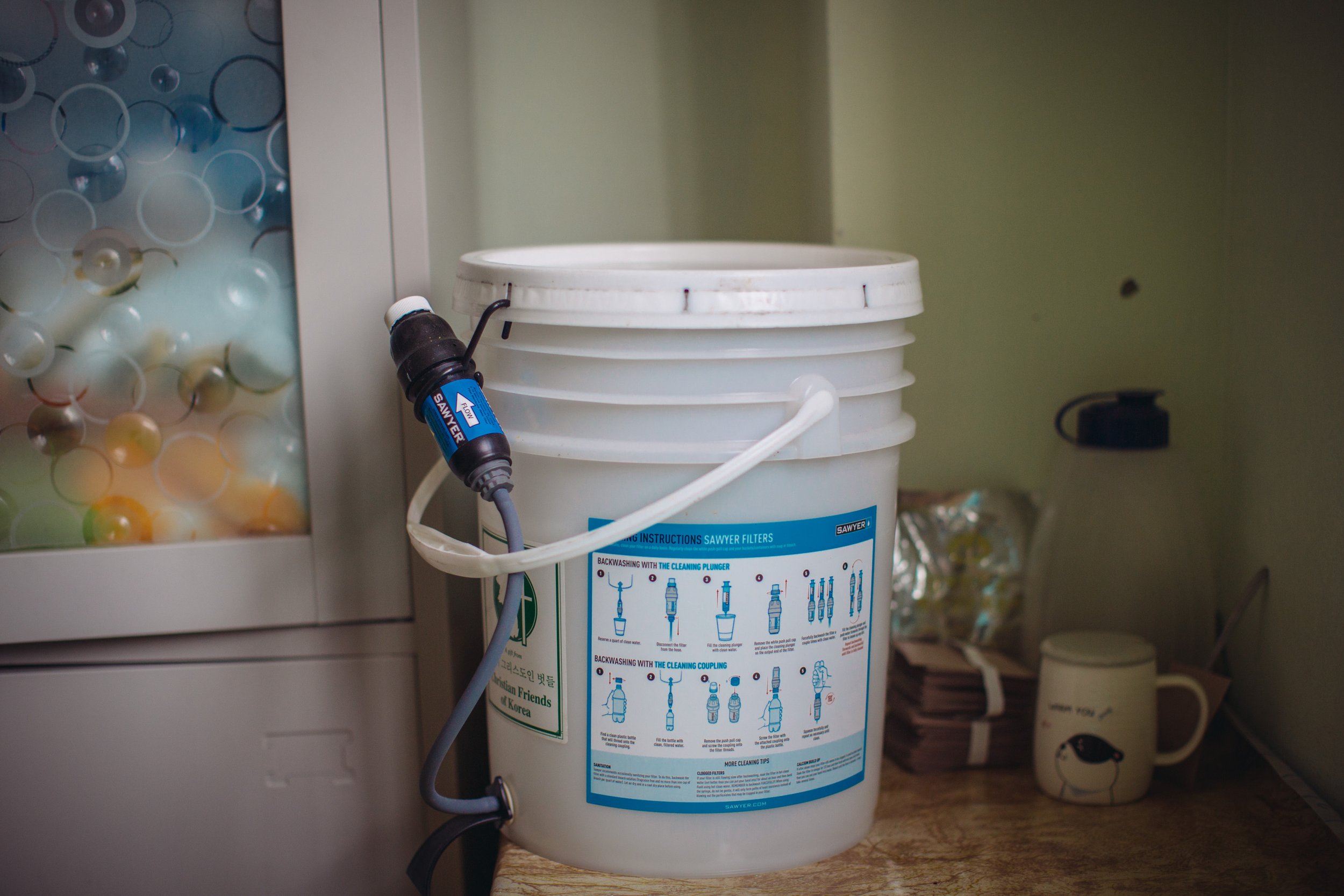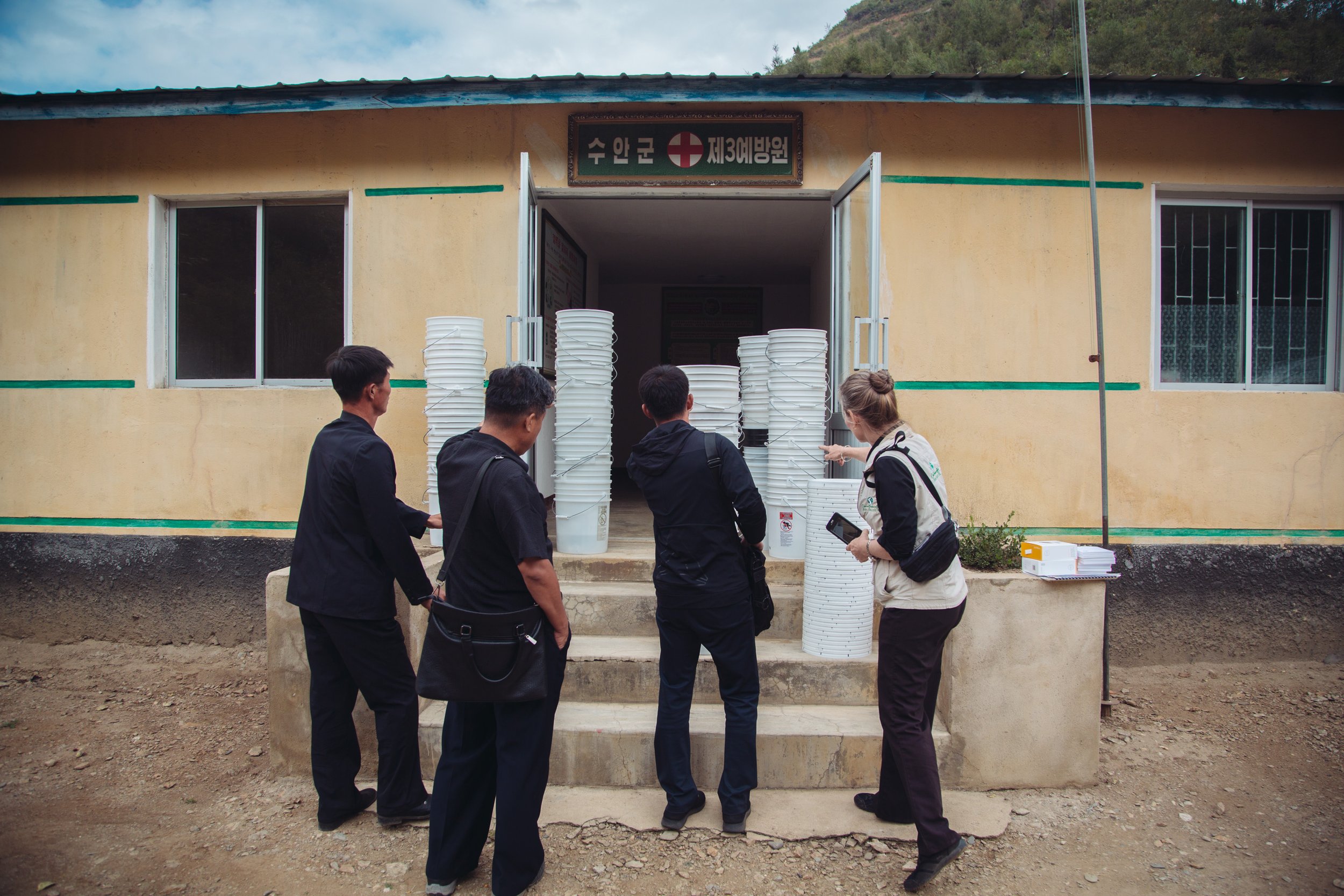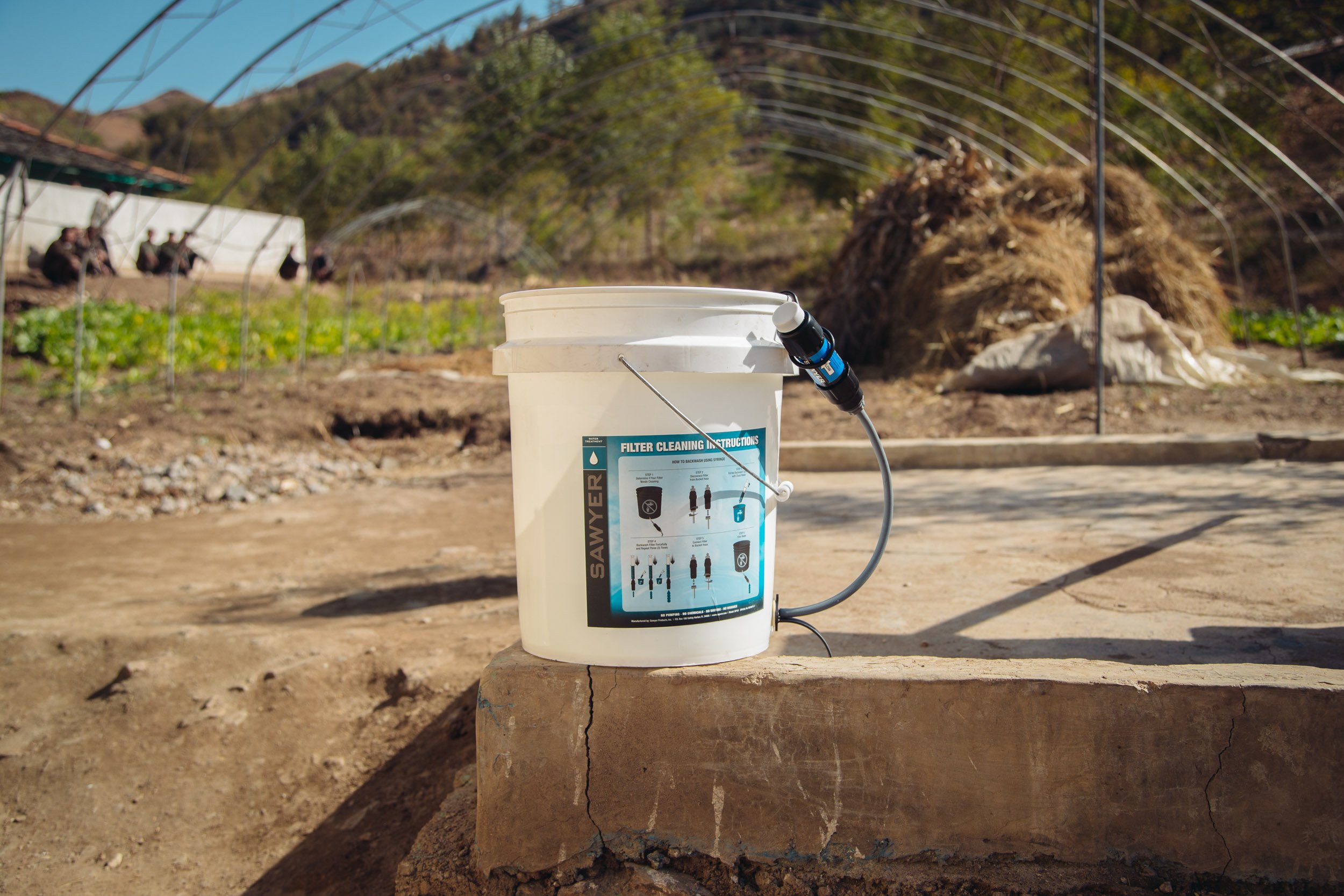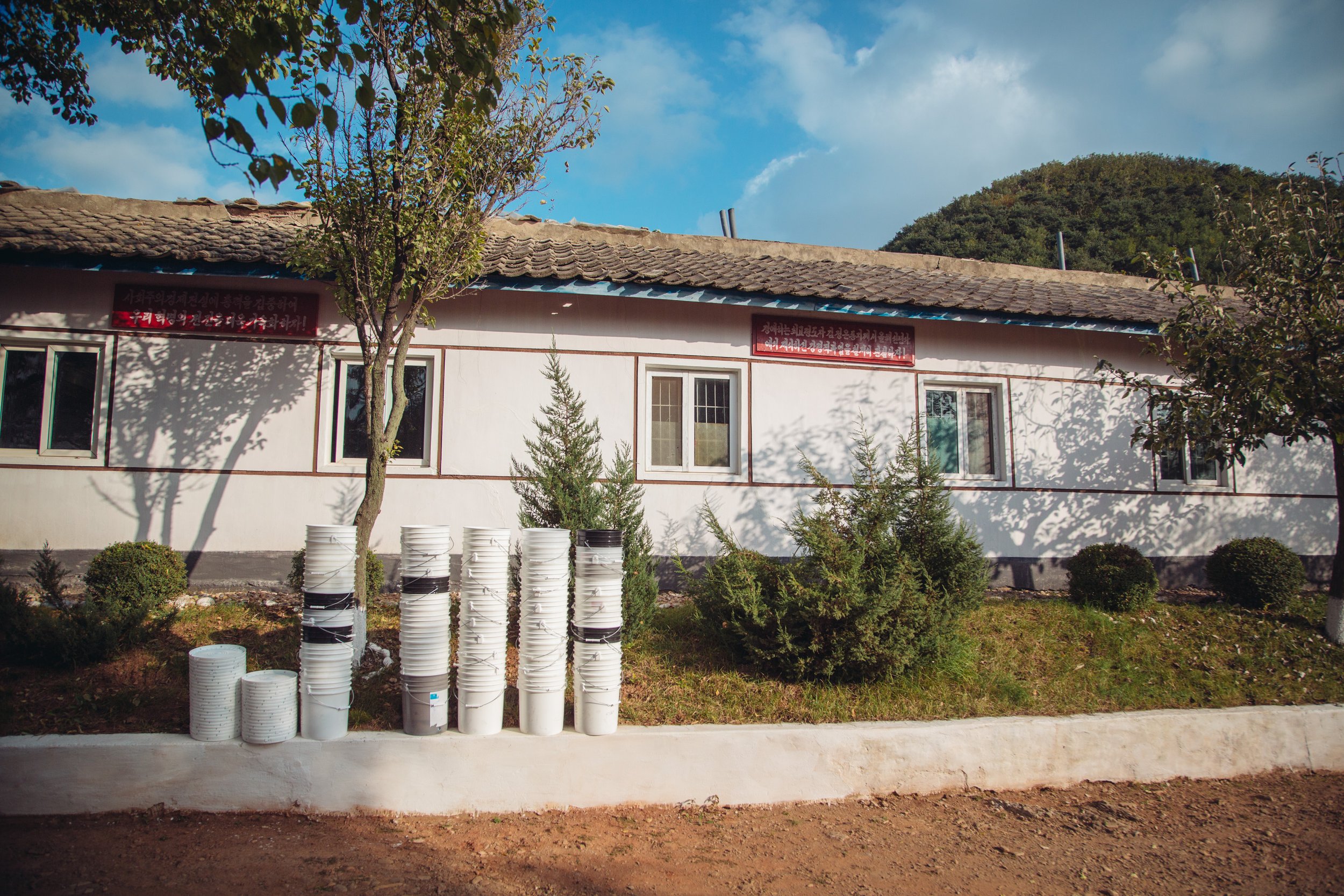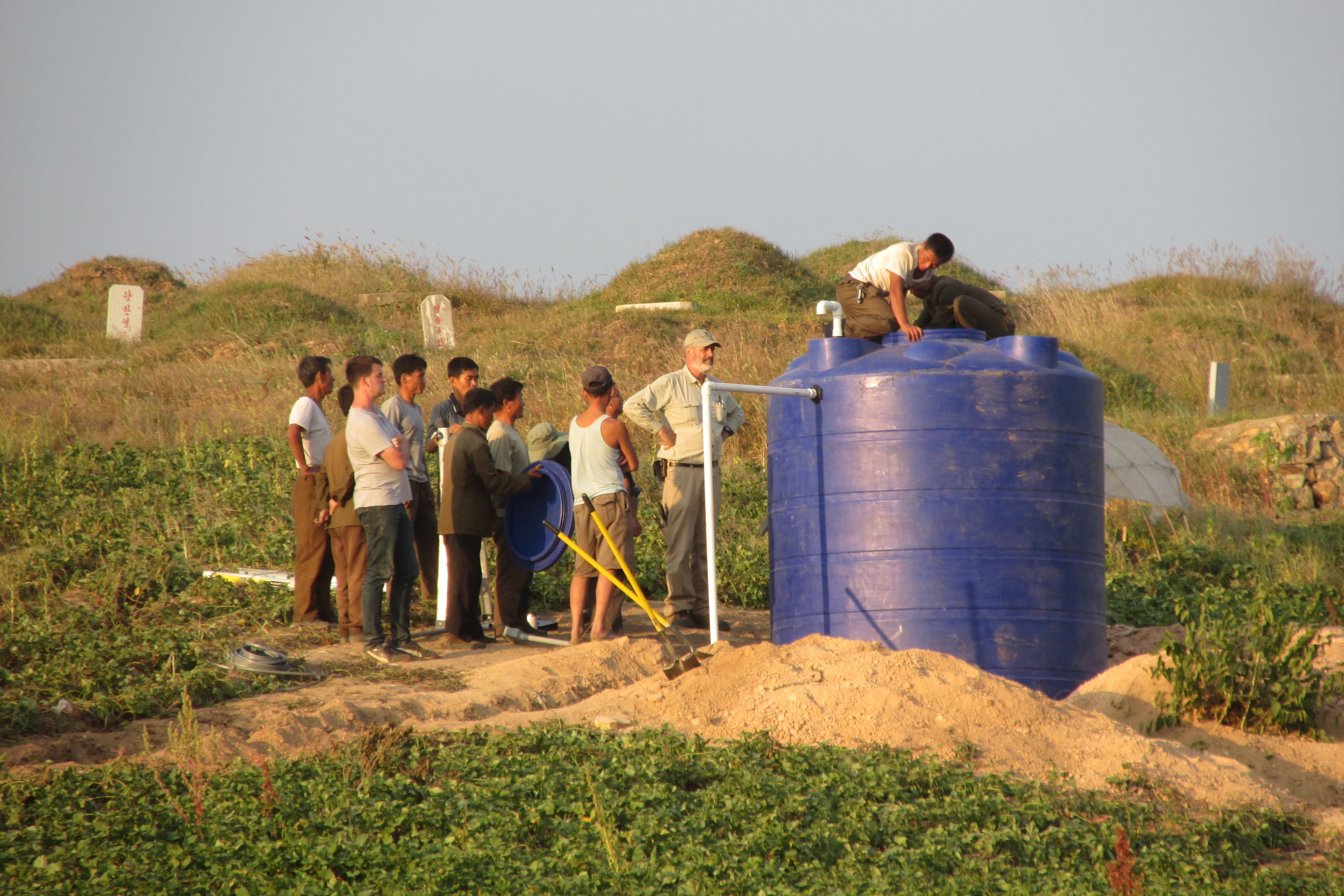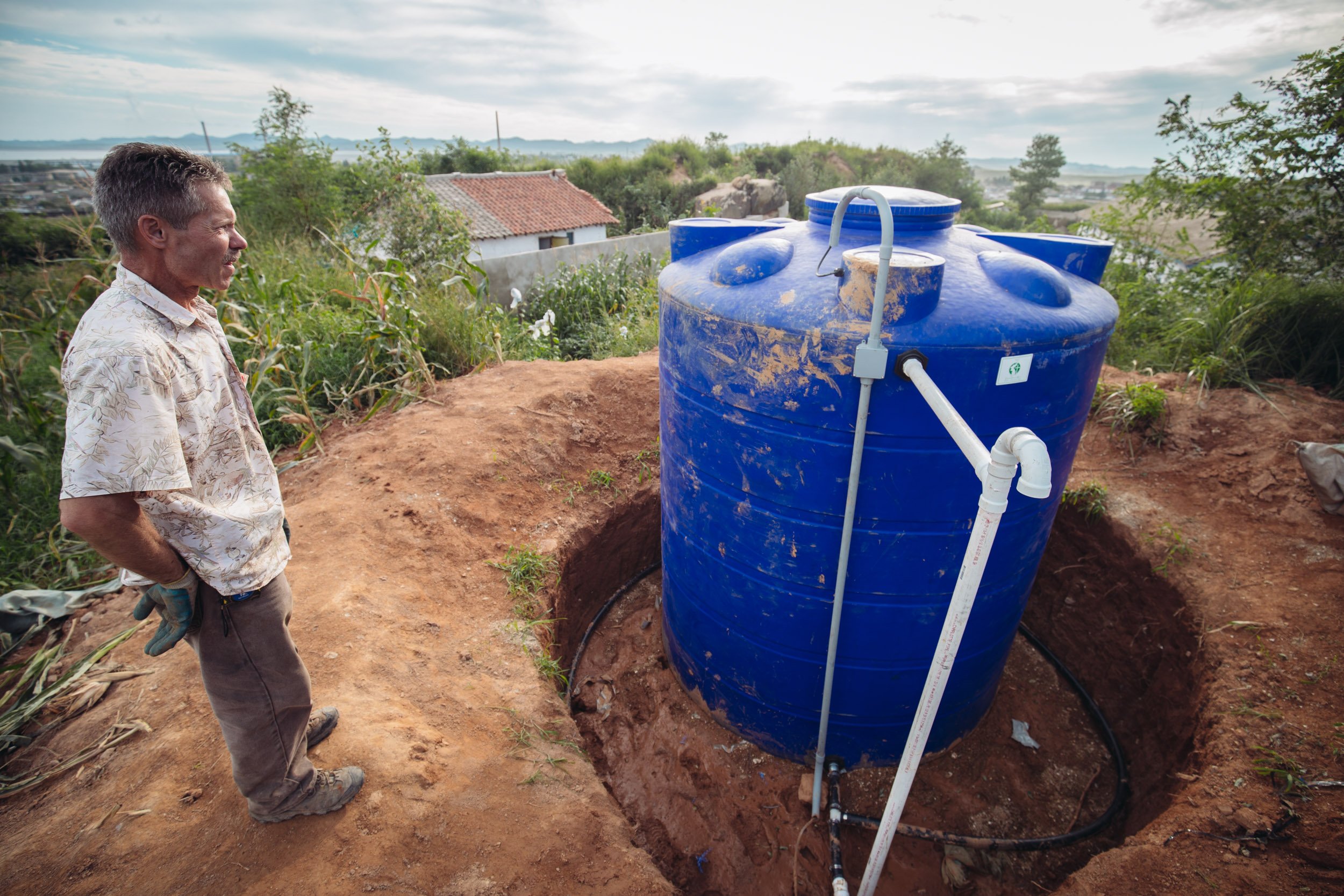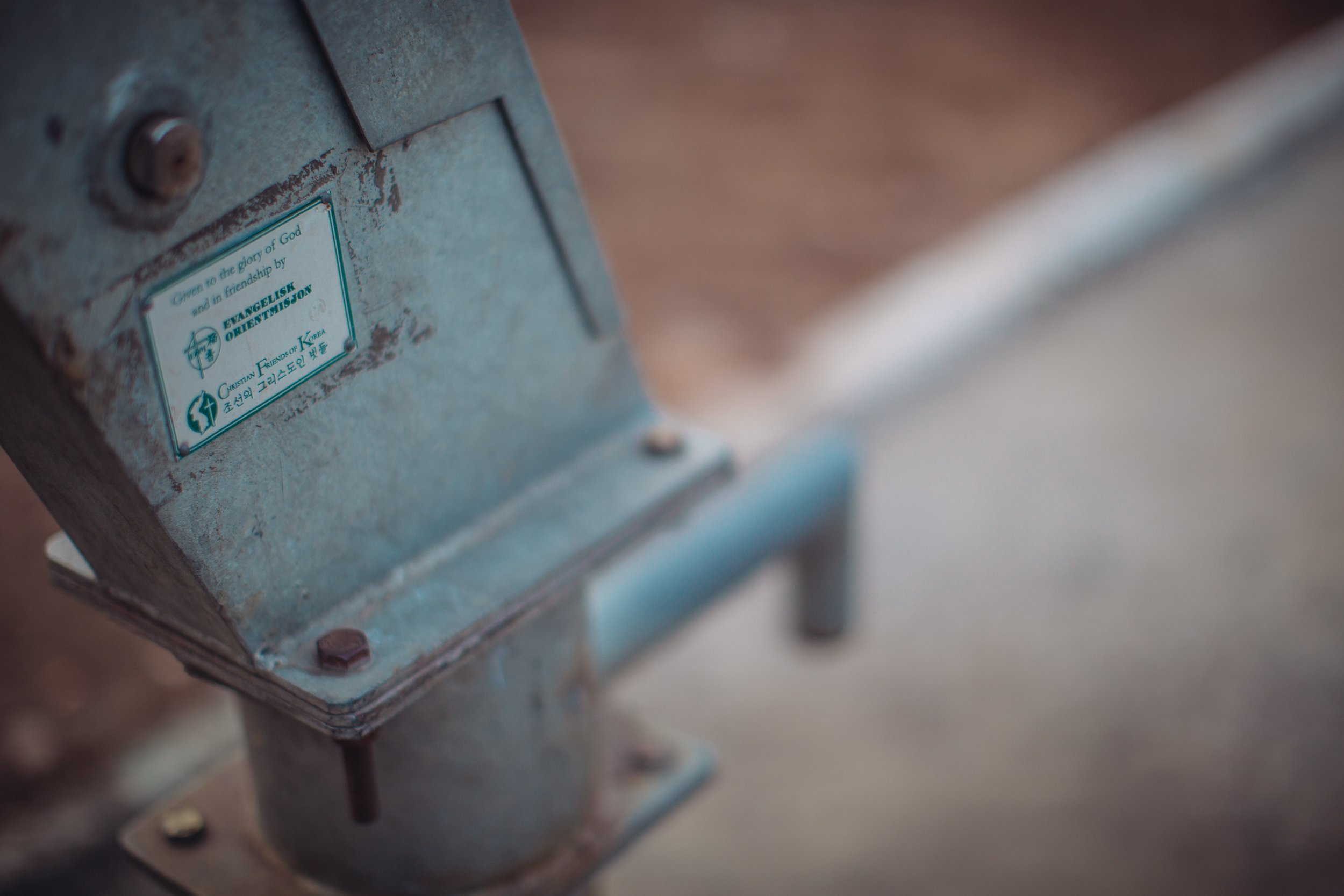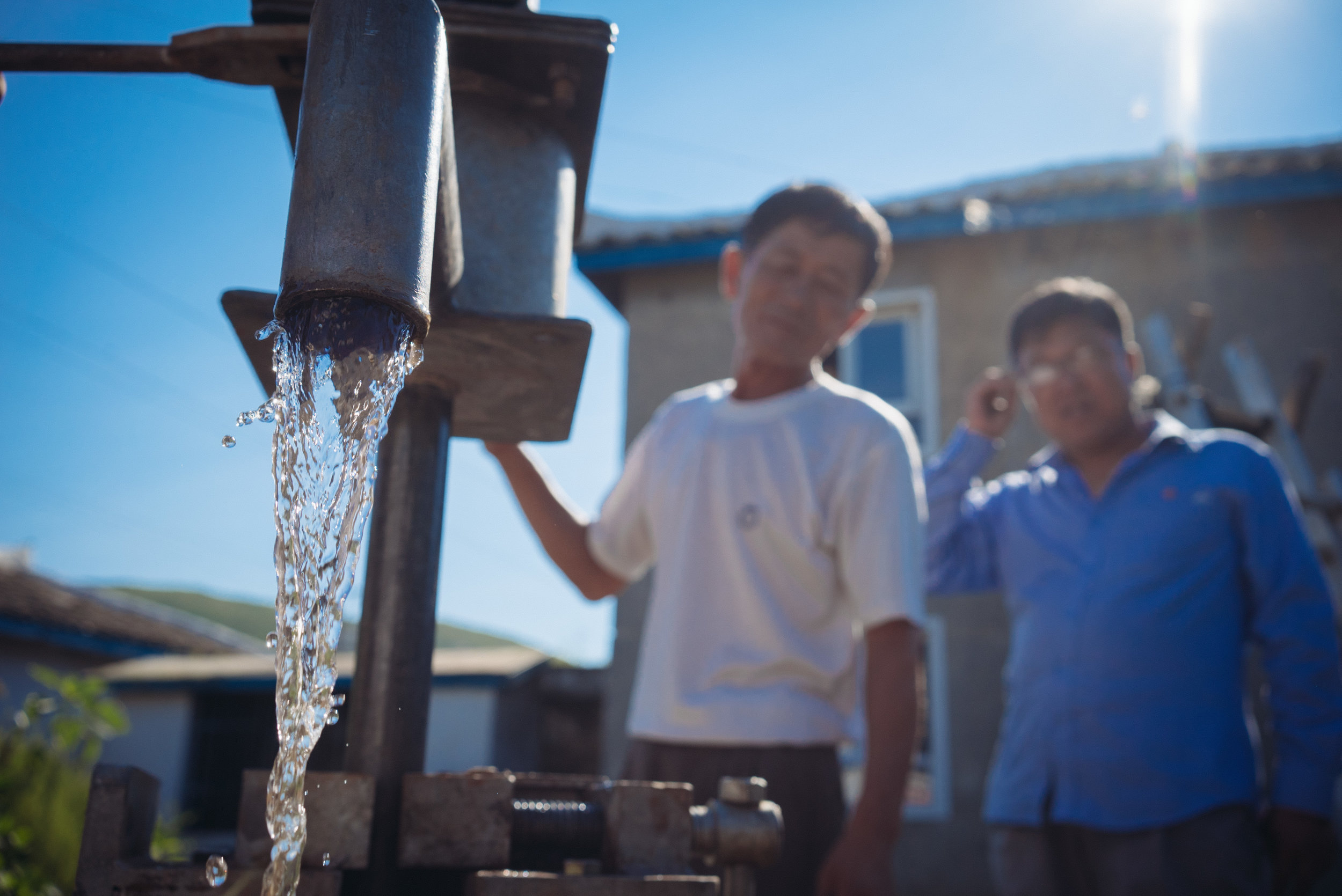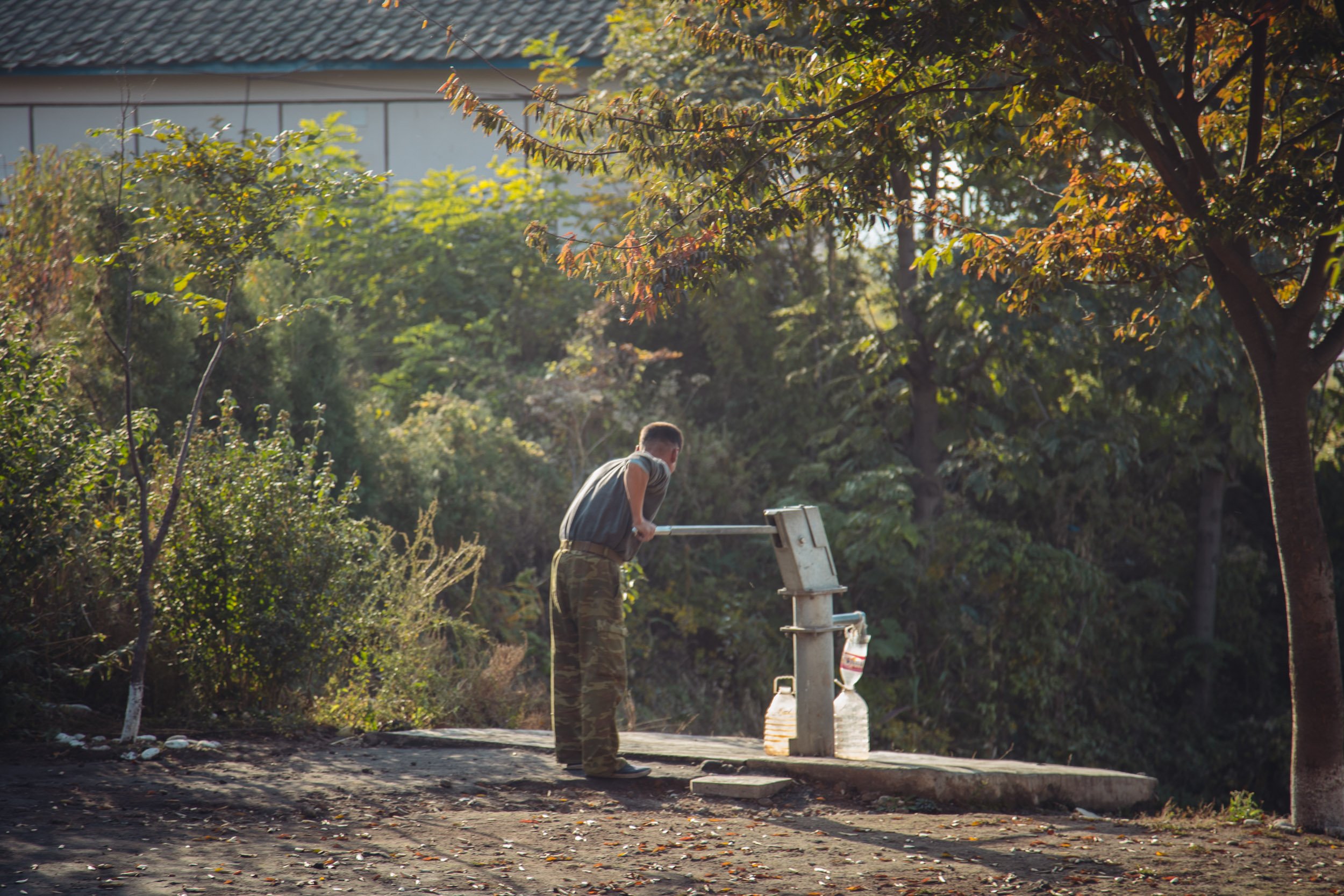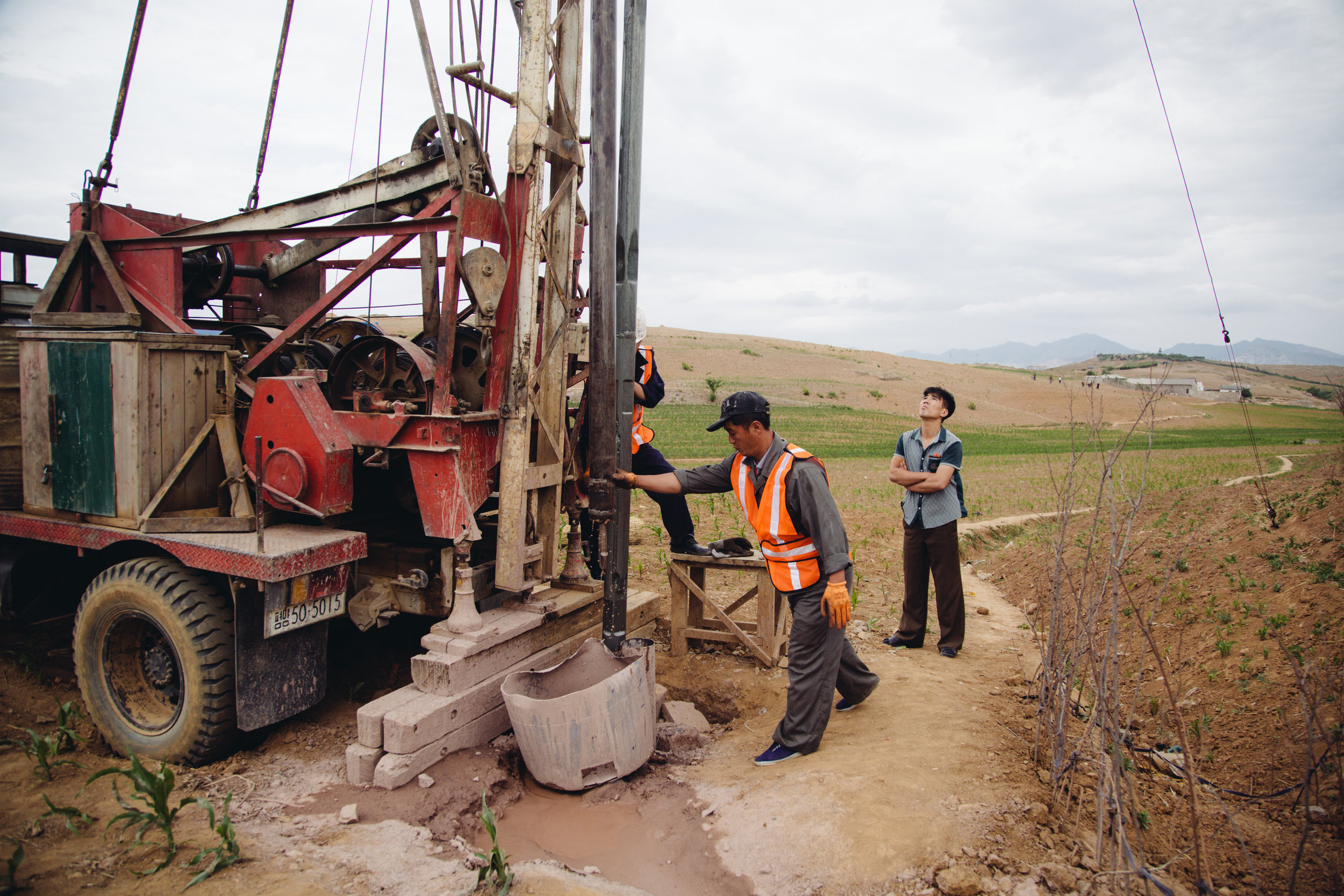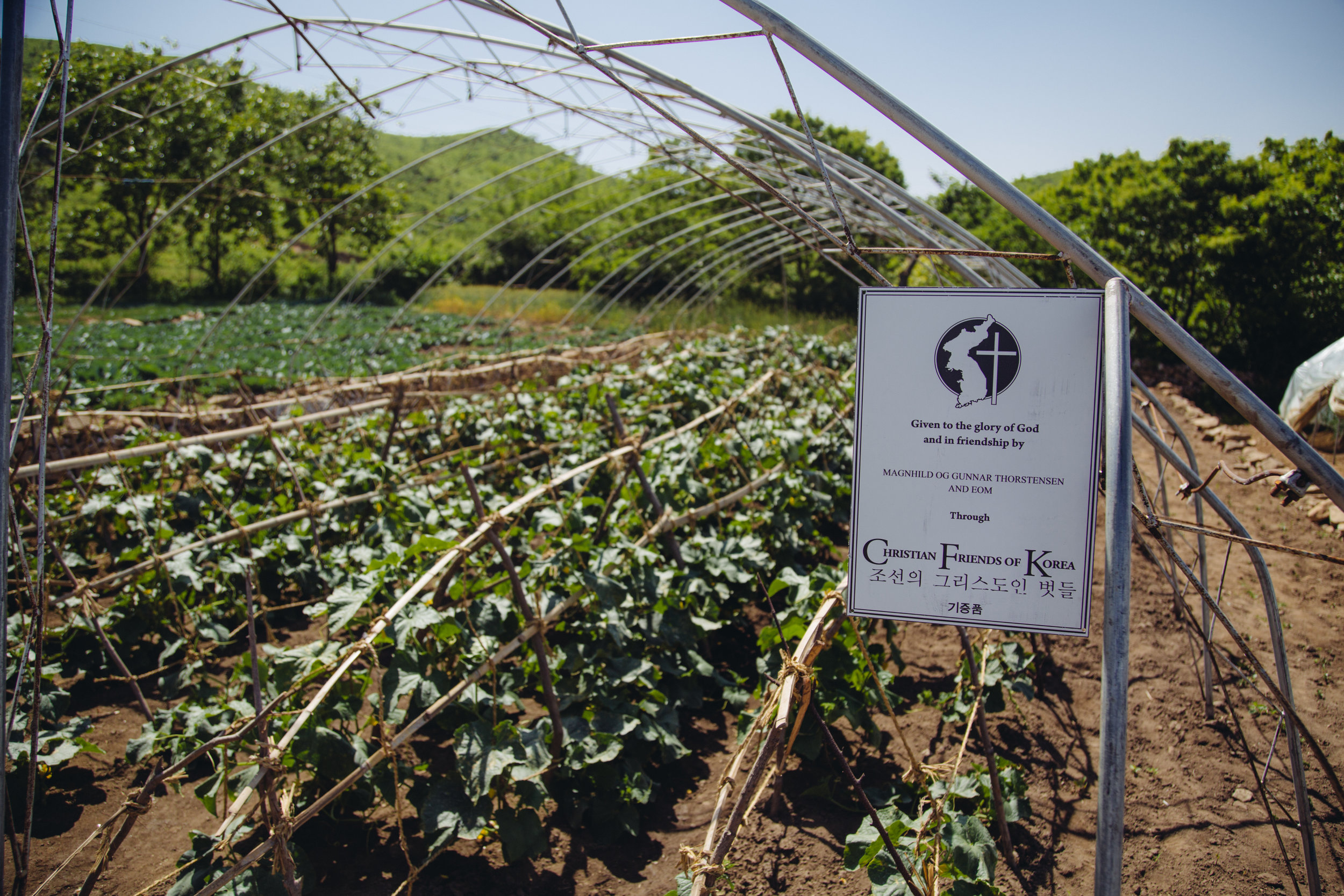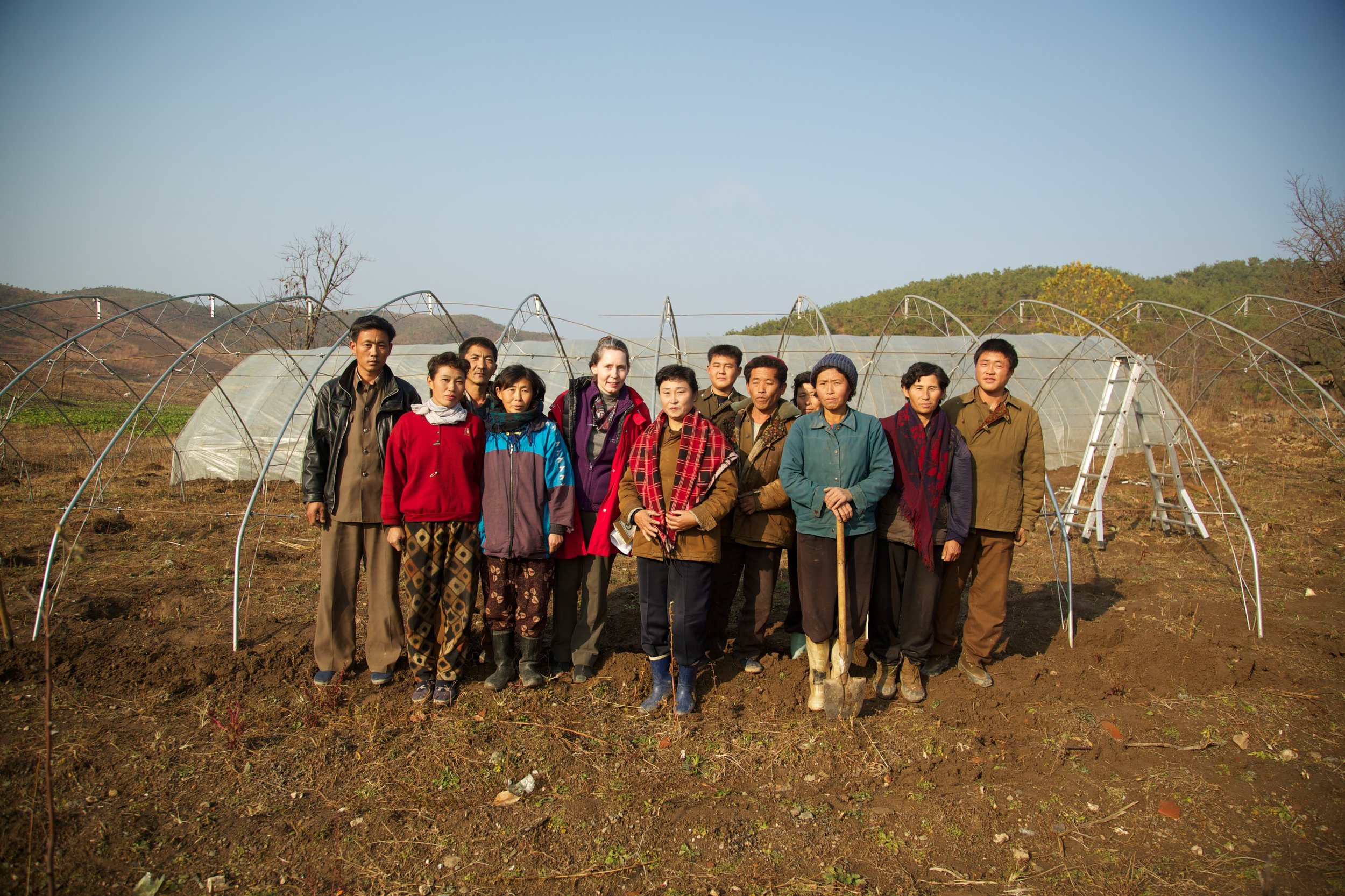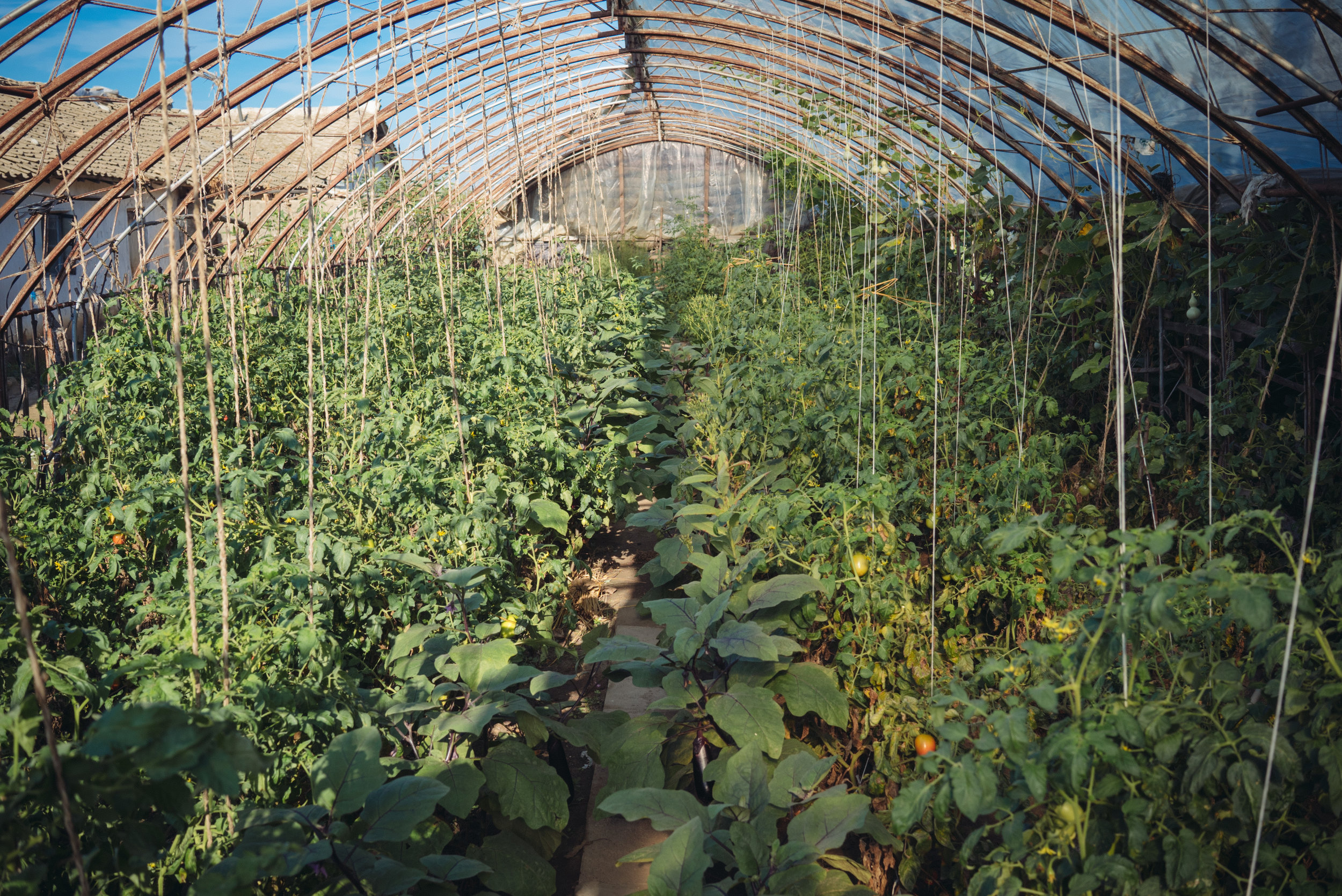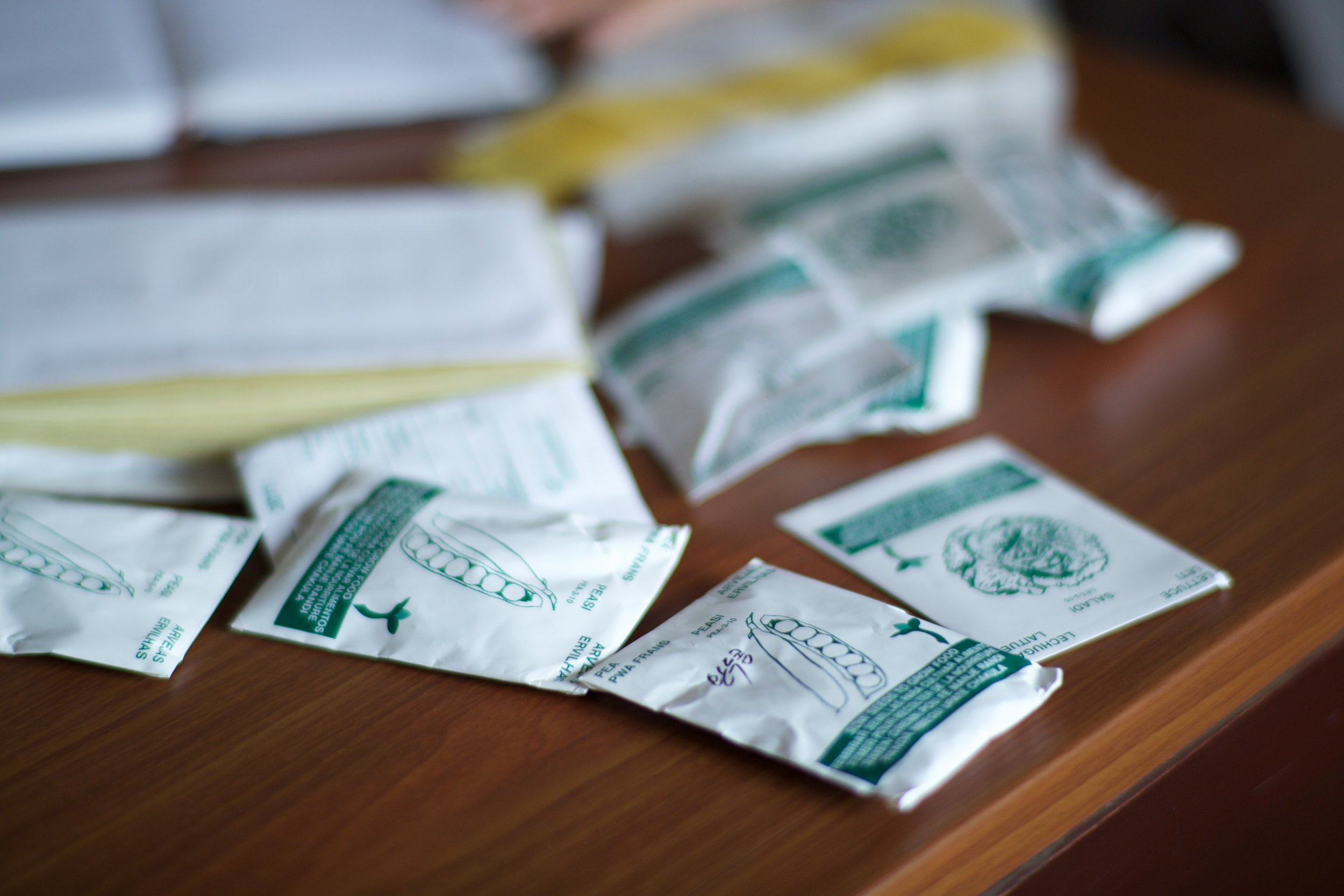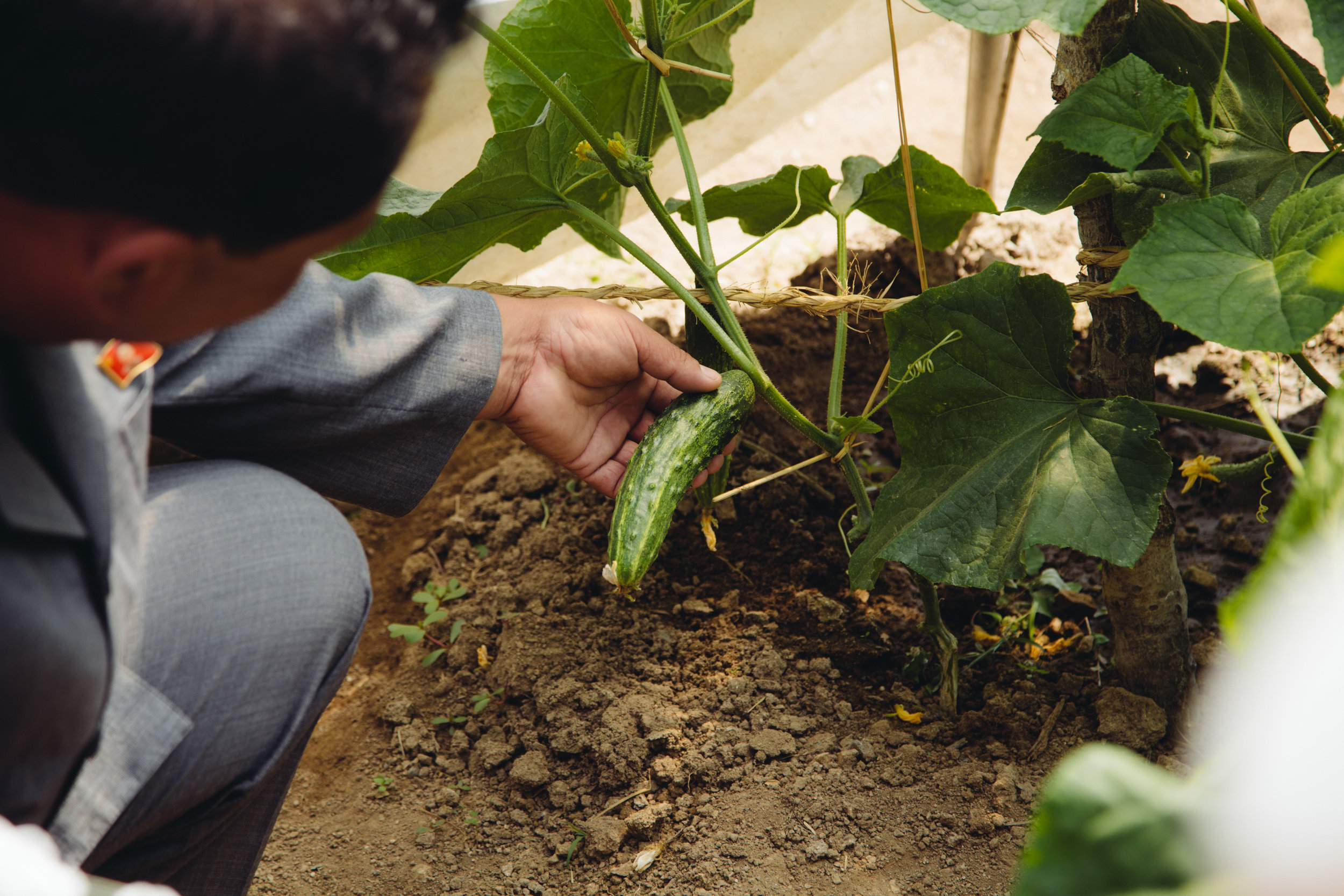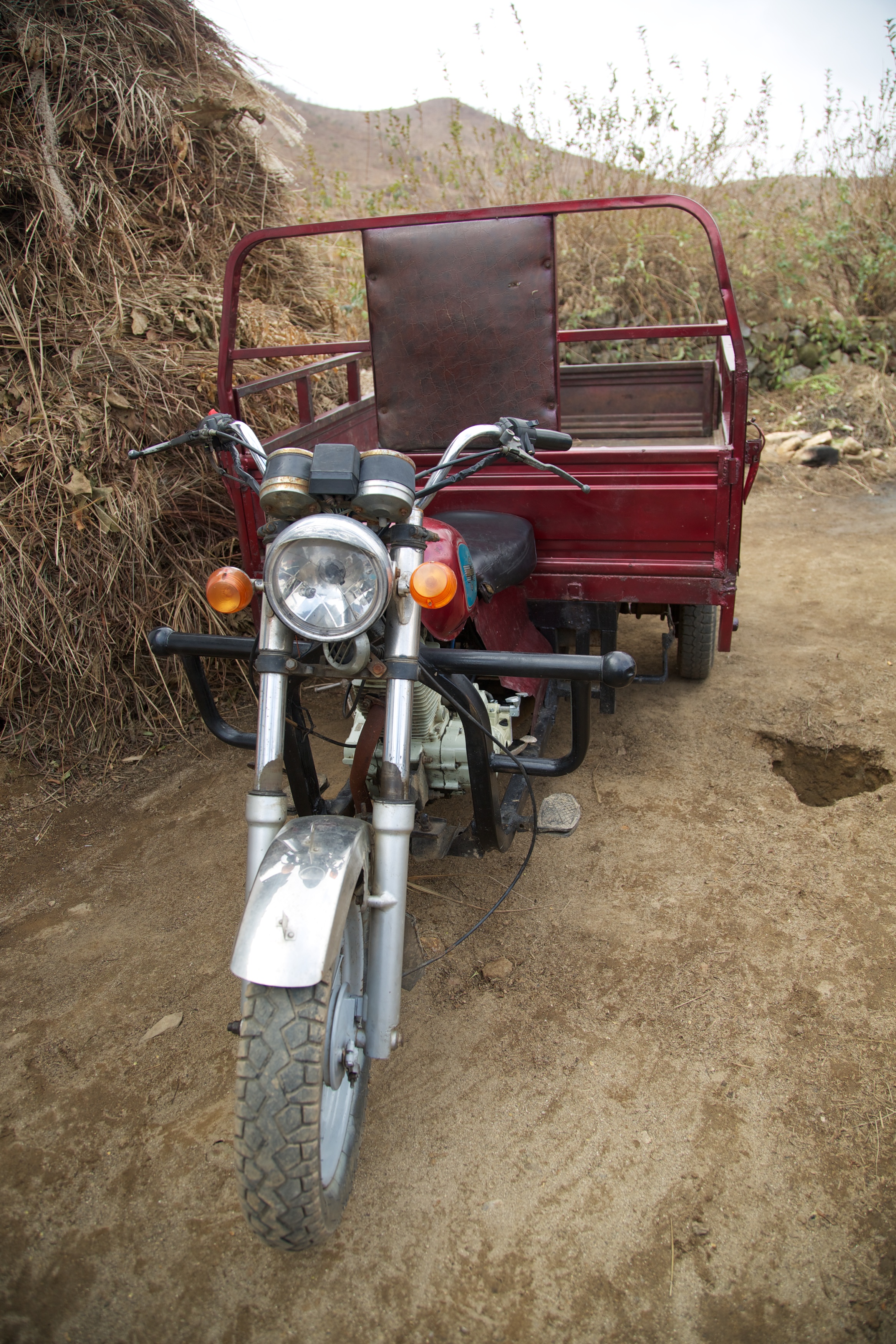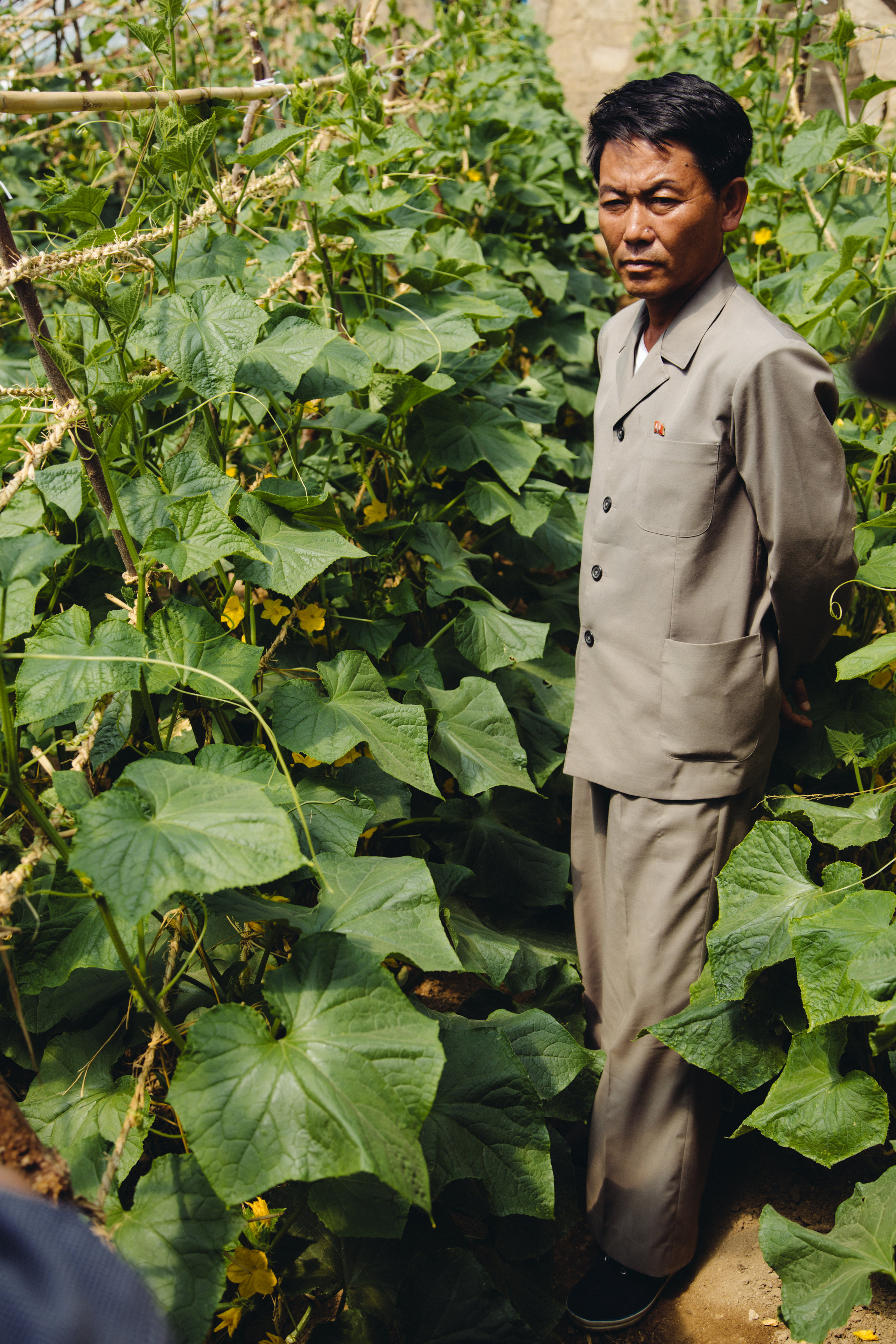A Gift of rest and comfort to Patients
We provide life-giving support to Tuberculosis (TB) and Hepatitis B patients in North Korea. Overall well-being of the patient is essential and we are blessed to be able to provide gifts that will bring patients the rest and comfort they need to help them towards a full recovery. Listed below are a few of the ways that your gift can be used to bring healing to these patients.
clean water
Contaminated water supplies contribute to high rates of diarrhea and other gastrointestinal diseases, exacerbating endemic hunger and malnutrition, and further weakening the already compromised immune systems of patients. This makes them more vulnerable to contracting TB and other life-threatening diseases. When we learned that care centers were relying on hand-dug, shallow, often contaminated wells, or unprotected streams and springs for their water, we began working to support clean, protected water sources for these facilities, their staff, and the patients.
Water Filter Buckets
While facilities wait for a permanent source of clean water solutions, we send Sawyer water filter buckets to provide filtered water to patients and staff for drinking and cooking. These filters last up to 10 years and only require simple maintenance in order to keep them fully functional. This year, we hope to start a pilot program to send filter buckets home with patients who do not have access to clean water at home.
grow food for the patients
Nutritious food is central to recovery from malnutrition and disease. CFK has provided hundreds of greenhouse kits of all sizes to help rural places grow vegetables year-round. This work began in 1997 when five prototype greenhouses (designed by the late Dr. John Wilson) were taken to North Korea as the first stage of a program to provide tools for growing more food. In November of 1997, two hundred more greenhouses were delivered. Since then, we have continued sending and building greenhouses at specific facilities throughout the provinces we support.
Over time, our greenhouses have evolved and improved, becoming larger and more efficient while including many small heat-retention modifications. North Koreans are using greenhouses to grow spinach, lettuce, cabbage, carrots, cucumbers, melons, and other vegetables rich in vitamins and minerals vital to their health. Through improved nutrition made possible by greenhouse-grown vegetables, donated food including canned meat and protein rich soup mixes, TB medicine and supportive care, 85–90% of patients treated at hospitals and rest homes are cured and return to their homes, families, and communities.
Other agricultural assistance provided by CFK includes irrigation sets, small tractors and cargo tricycles to help with the transport of supplies and crops, preparation of fields for planting and harvesting which improves yields.
Where Most Needed
Your gift can help support administration, new project development and is applied where most needed.
Thank you for your support!




